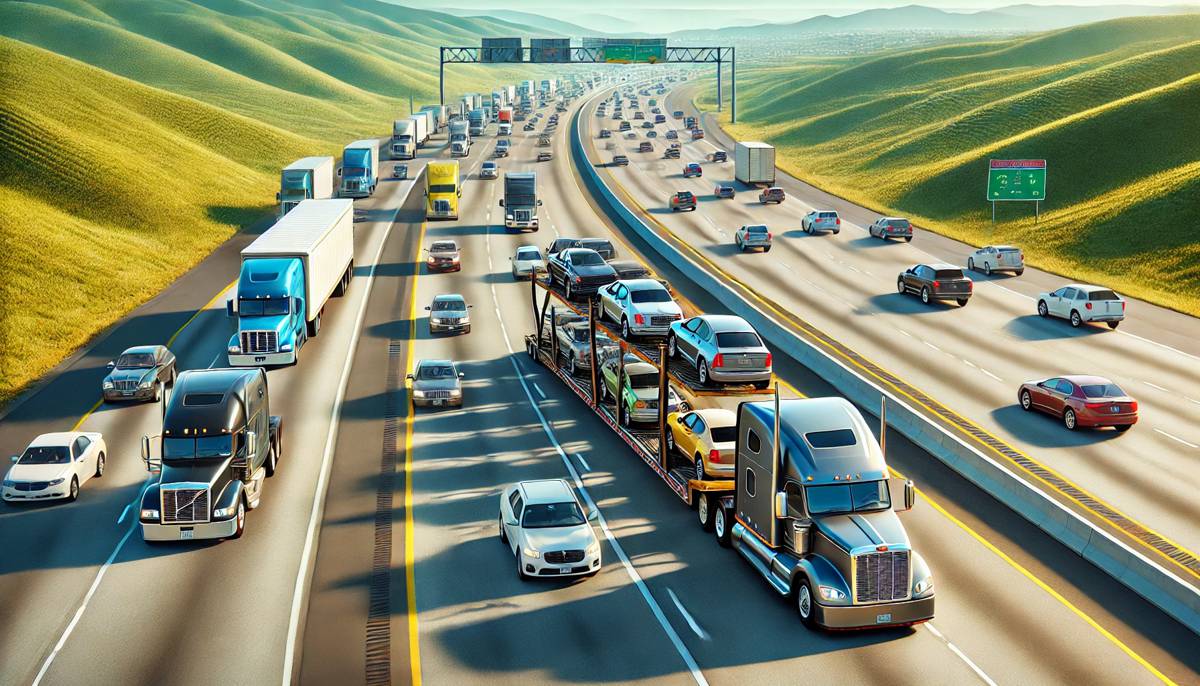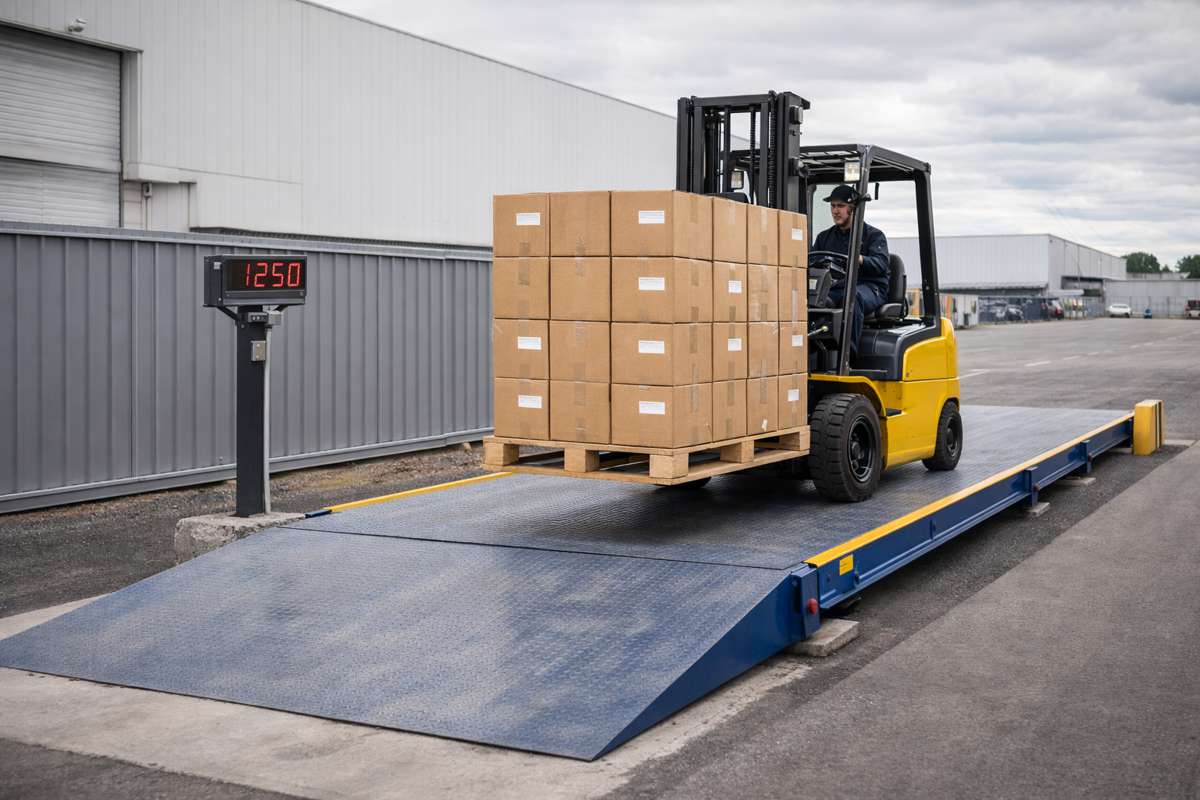How Highways Impact the Auto Transport Industry
The American highway system is the lifeline of the auto transport industry, playing a crucial role in how vehicles move across the country. From local deliveries to cross-country shipments, these roadways determine everything from delivery times to transport costs.
While most people see highways as just a way to get from point A to point B, they’re actually complex systems that directly impact how auto transport companies operate. Whether it’s route planning, fuel costs, or delivery schedules, highways influence every aspect of vehicle shipping.
Let’s explore how these vital roadways shape the auto transport industry and what that means for anyone looking to ship a vehicle.
Ready to get started? Read on down below.
Highway Infrastructure
Modern highways aren’t just stretches of pavement – they’re engineered systems that auto transporters rely on every day. The quality and design of these roads directly impact how carriers move vehicles across the country.
You might notice some highways are smoother than others, or have more lanes to work with. For auto transporters, these differences matter a lot. A carrier loaded with 8-10 cars needs good roads and enough space to manoeuvre safely. Ever seen a huge car hauler trying to squeeze through a narrow construction zone? Not fun.
Different regions have different highway setups too. The wide-open interstates of Texas are a carrier’s dream, while the tight, winding roads of the Northeast can slow things down. Some routes are just better suited for auto transport than others.
And let’s talk about those major transport corridors – routes like I-95 running down the East Coast or I-10 connecting California to Florida. These are like the superhighways of the auto transport world. They’re well-maintained, have plenty of truck stops, and connect major shipping hubs. No wonder carriers love them.
Transport Company Operations
Running an auto transport company isn’t just about picking up cars and hitting the road. These companies need to plan their routes carefully, considering everything from highway conditions to weather forecasts. If you’re looking to ship your car, getting a quote from a reliable company like a1autotransport.com can help you understand how these factors affect your shipment.
Weather plays a bigger role than you might think. Winter storms up north might force carriers to take southern routes, while summer heat in Texas could mean early morning or night driving to protect those expensive vehicles from overheating.
Then there’s the construction – every carrier’s favorite surprise. One closed lane or detour can throw off an entire schedule. That’s why good transport companies always have backup routes planned. They’re constantly checking traffic updates and road conditions to keep those car haulers moving.
And let’s not forget about those mandatory rest stops. Drivers can’t just power through like they’re in a NASCAR race. They’ve got strict rules about how long they can drive, which means planning stops along major highways where those massive carriers can safely
Cost Factors
Let’s talk money – because highways can make or break your transport budget. From toll roads to fuel stops, the route your car takes can seriously impact the final cost.
Take toll roads, for instance. While they might be faster, carriers have to decide if the time saved is worth the extra cost. A trip from New York to Florida using toll roads might save time, but those fees add up fast when you’re hauling multiple cars. That’s why experienced shippers like A1 Auto Transport carefully balance speed with expenses.
Fuel is another big one. Those big carriers aren’t exactly Priuses when it comes to gas mileage. Different highways mean different fuel consumption – stop-and-go traffic in cities burns way more fuel than cruising down an open interstate.
Mountains and hills? They’re fuel guzzlers too. A fully loaded car carrier climbing the Rockies uses a lot more gas than one cruising through the flatlands of Kansas. Smart transport companies factor all this into their route planning to keep costs reasonable without sacrificing service.
The Arteries of Industry
The highways of America are more than just roads – they’re the arteries that keep the auto transport industry moving. From route planning to delivery times, these roadways shape every aspect of how cars get transported across the country.
Understanding how highways impact auto transport helps explain why some routes cost more, why weather matters so much, and why experienced drivers carefully plan their journeys. When you see those big car carriers cruising down the interstate, you’ll know there’s a lot more going on behind the scenes than just driving from point A to point B.





























